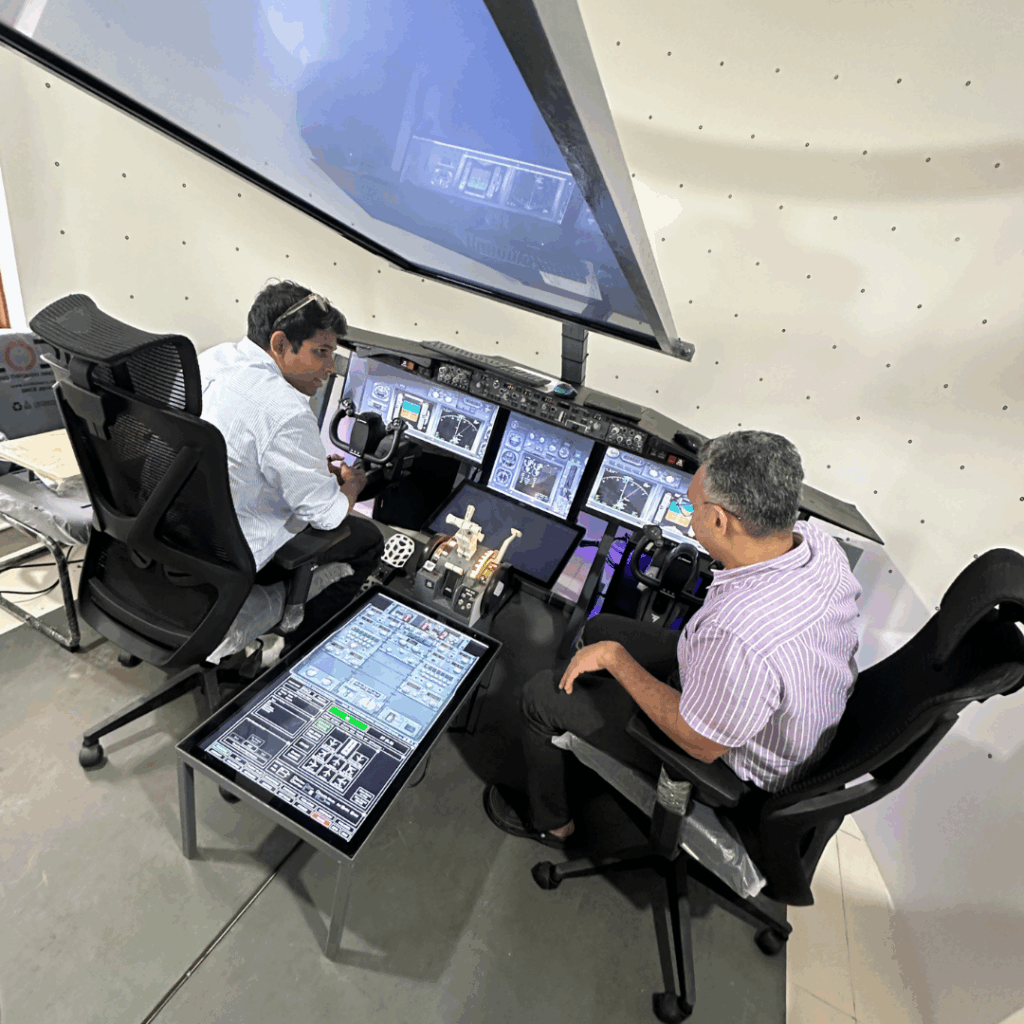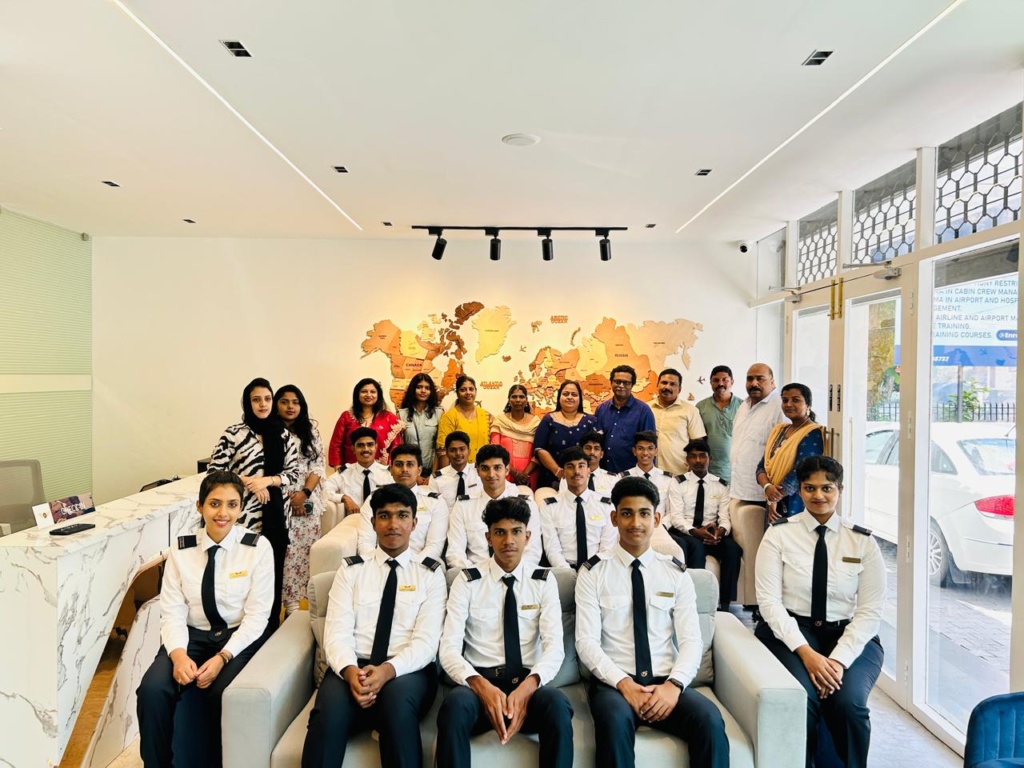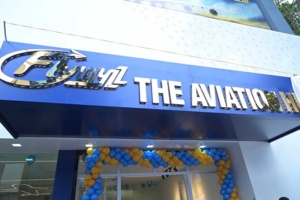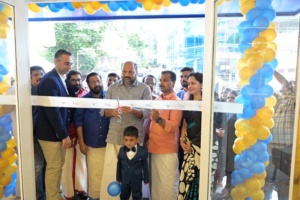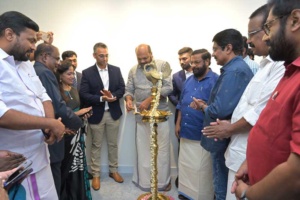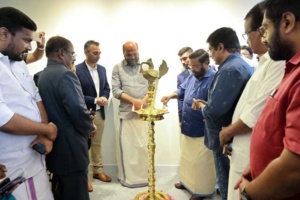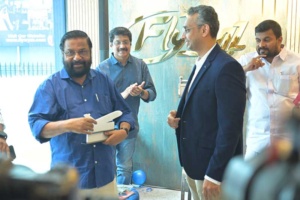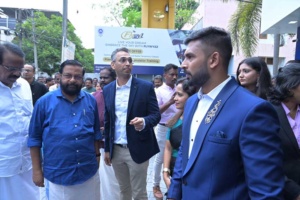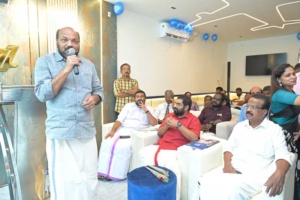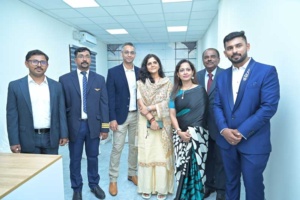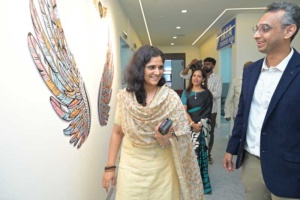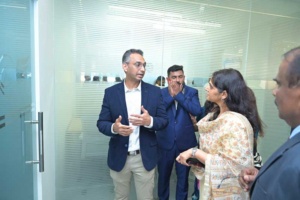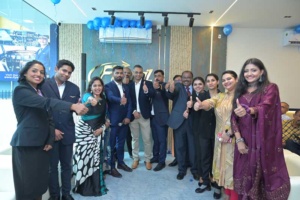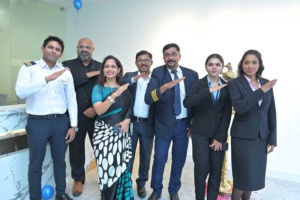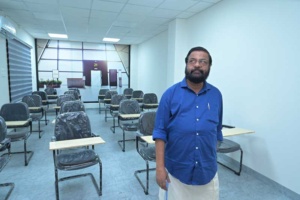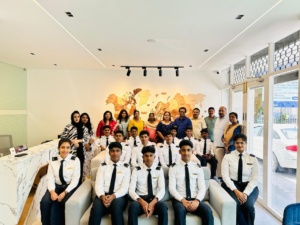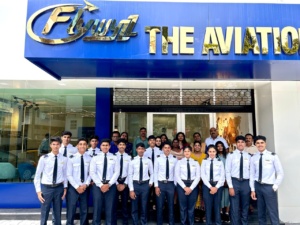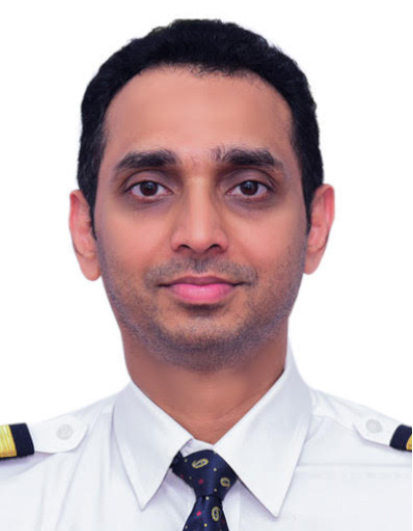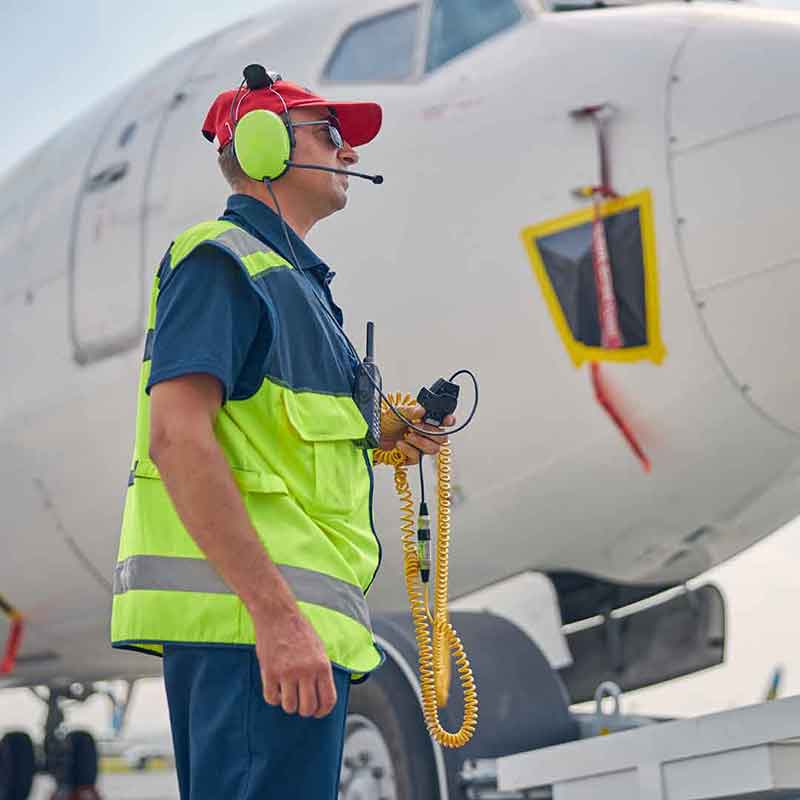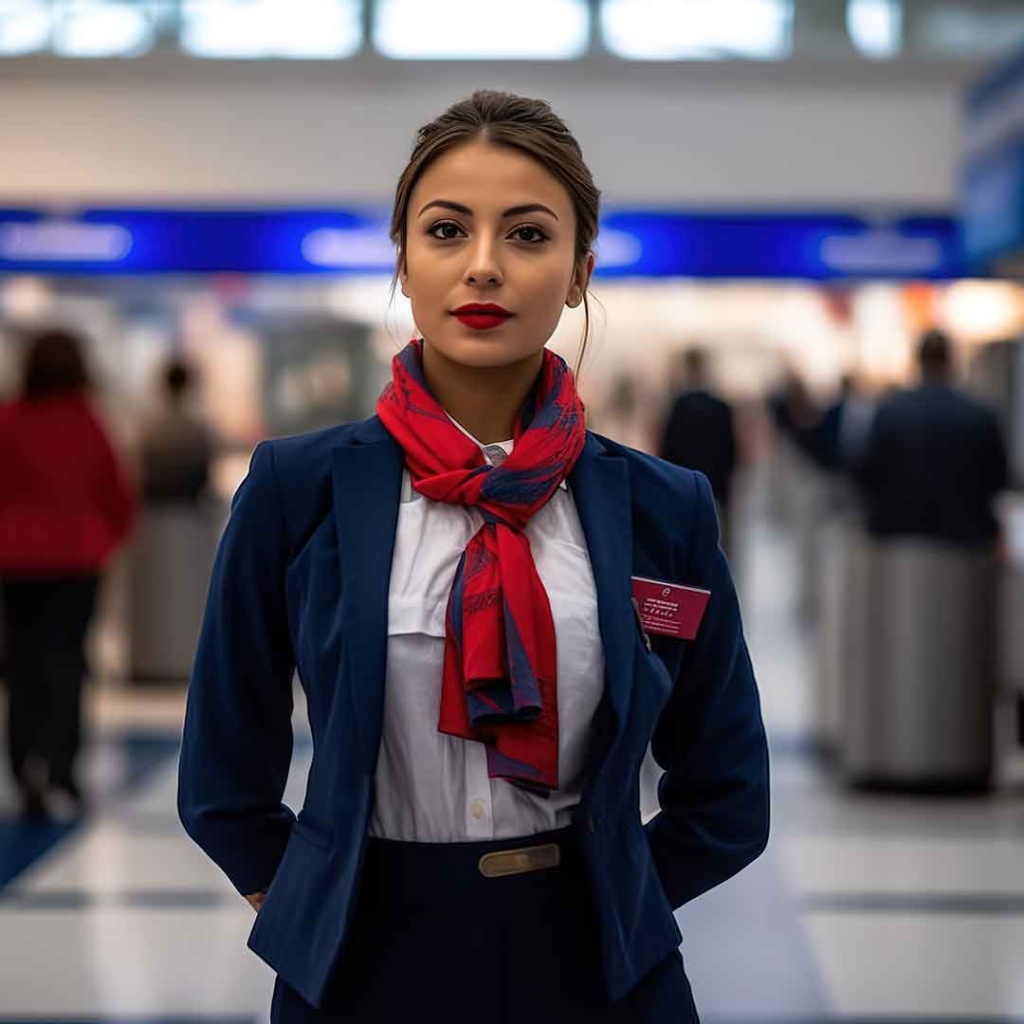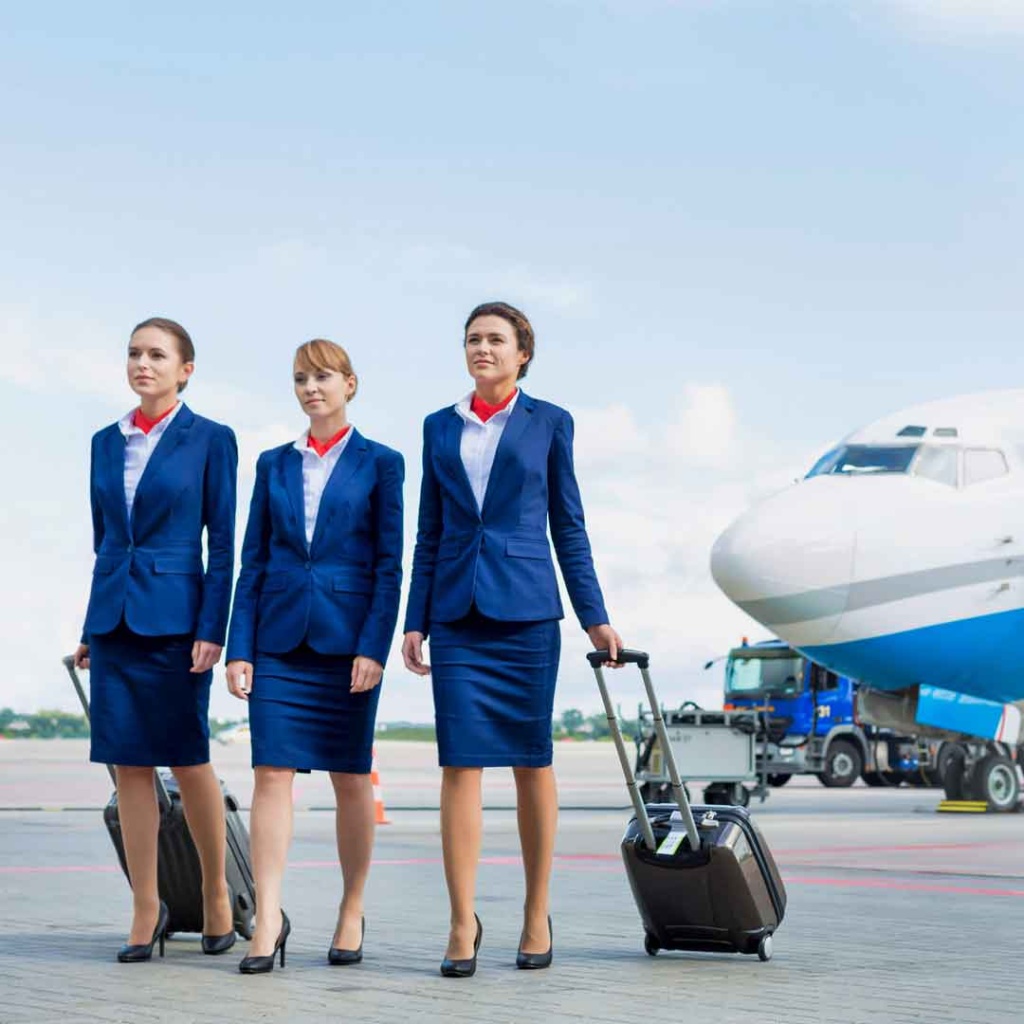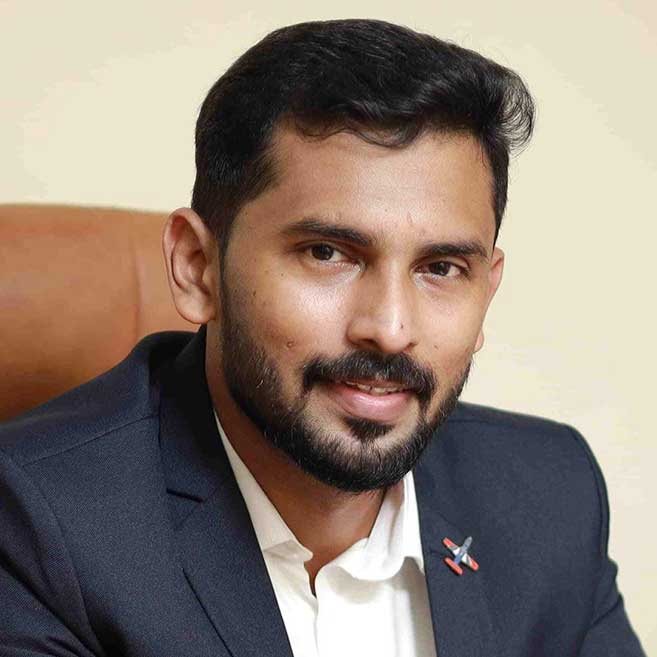Our Flagship Pilot Training Program
Experience Our Range of Specialized Services Catered to Meet Your Unique Requirements.
Flight & ground training as per DGCA standards
Our Commercial Pilot License (CPL) training program offers a well-rounded blend of theoretical and practical training, guided by experienced instructors. With a DGCA-approved curriculum and access to our network of flying institutes for flight hours, you’ll gain the skills needed to meet all licensing requirements. From mastering core aviation subjects to practical simulator training, we ensure you’re fully prepared for a successful career in commercial aviation.

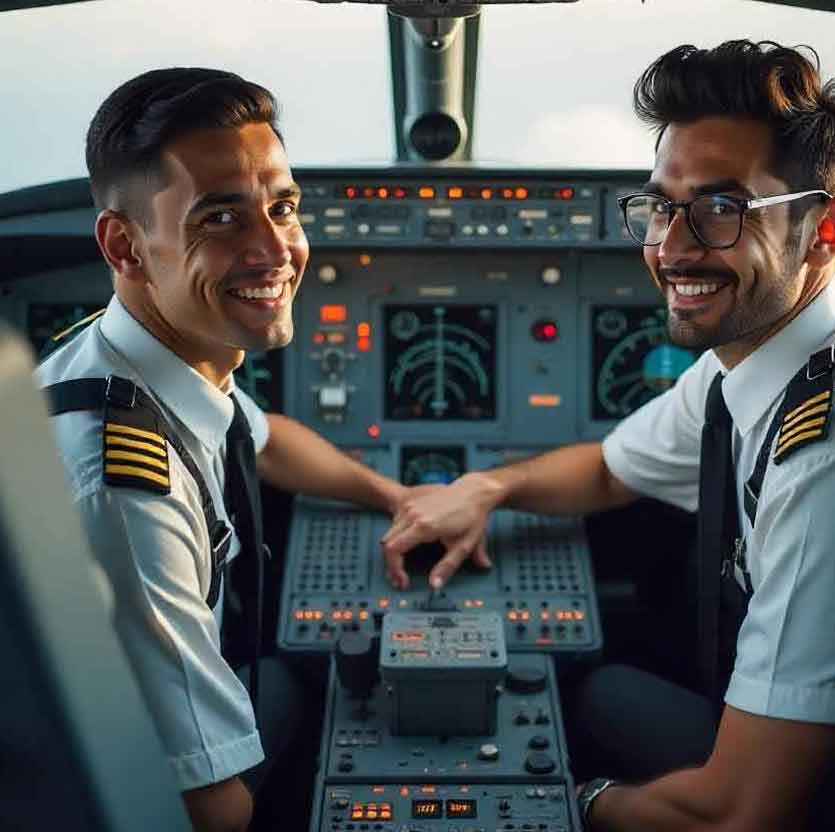
Simulator-based training for airline pilots.
Our Type Rating programs equip pilots with the skills to operate Airbus A320 or Boeing 737 NG aircraft. The training includes comprehensive ground school sessions, hands-on simulator practice, and multi-crew cooperation (MCC) training to ensure operational readiness. Led by experienced airline instructors at EASA-approved facilities, the program prepares pilots for airline roles and career advancement.
Advanced training for a high-paying airline career.
The ATPL is the highest level of pilot certification, qualifying pilots to act as captains on commercial airline flights. Our program offers in-depth training in advanced flight maneuvers, navigation, air law, meteorology, and multi-crew cooperation (MCC). With simulator-based sessions and comprehensive theoretical instruction, pilots are fully prepared for regulatory exams and real-world airline operations.
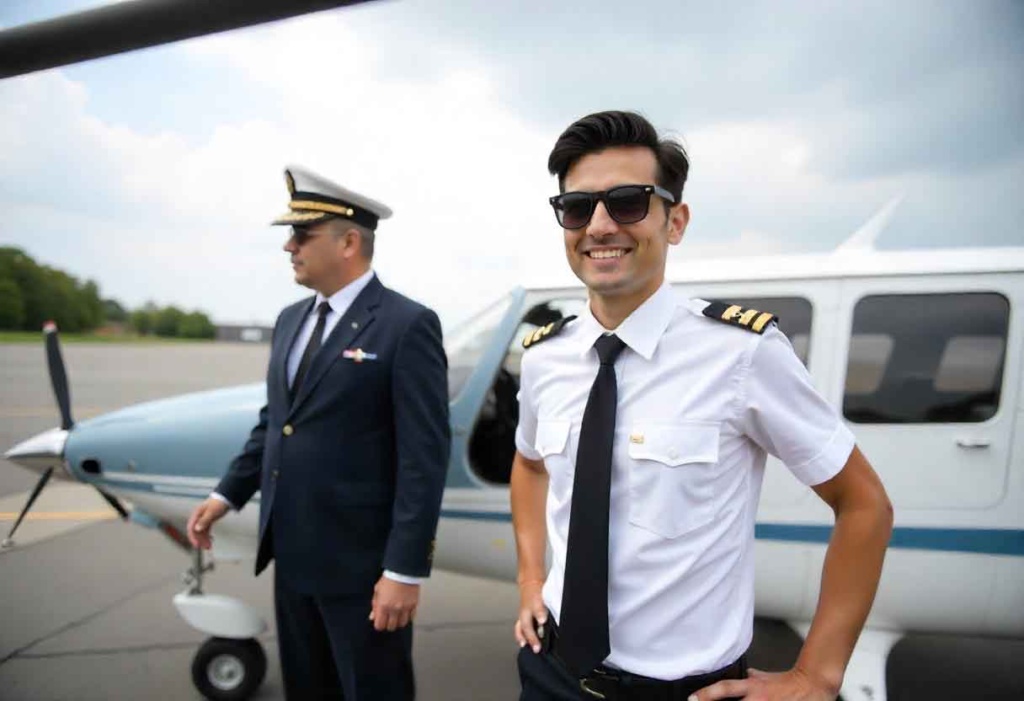
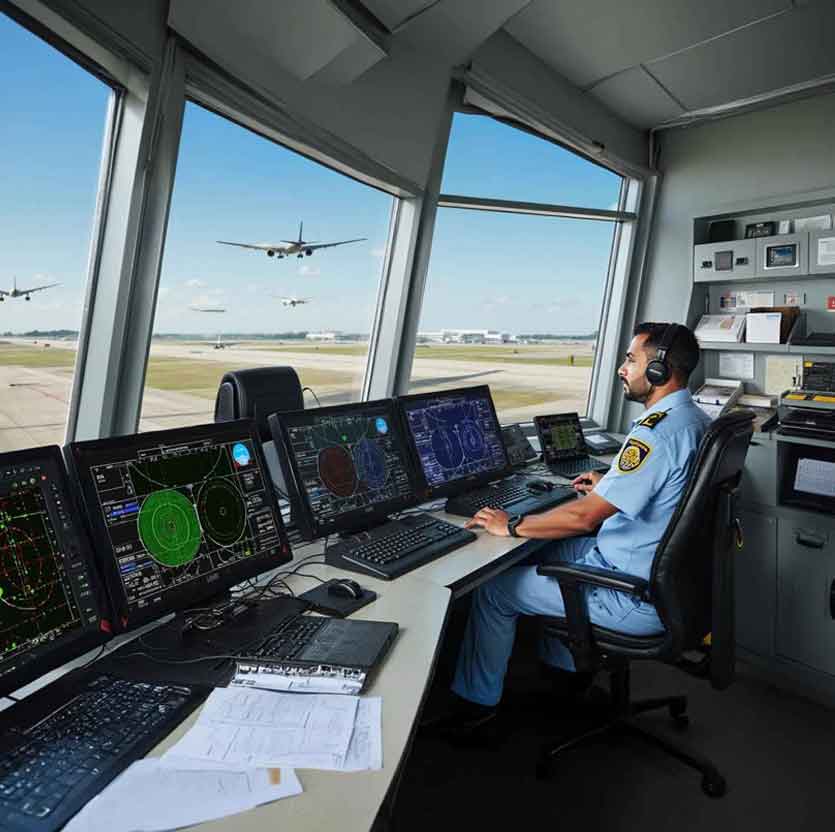
Fast-track your RTR license for aviation compliance.
The RTR course focuses on mastering aviation communication procedures and protocols essential for safe and efficient flight operations. It covers topics like radio equipment usage, phraseology, emergency communication, and air traffic control interactions. Completing this course prepares students for the DGCA RTR exam, a crucial step for obtaining a pilot’s license.
Realistic Practice for Confident Flying
Fixed-base simulator training provides hands-on experience with cockpit operations in a controlled environment. It helps students apply theoretical concepts, improve decision-making, and practice emergency scenarios without the need for actual flight. This training is essential for developing essential flying skills and building confidence before progressing to full-motion simulators.
